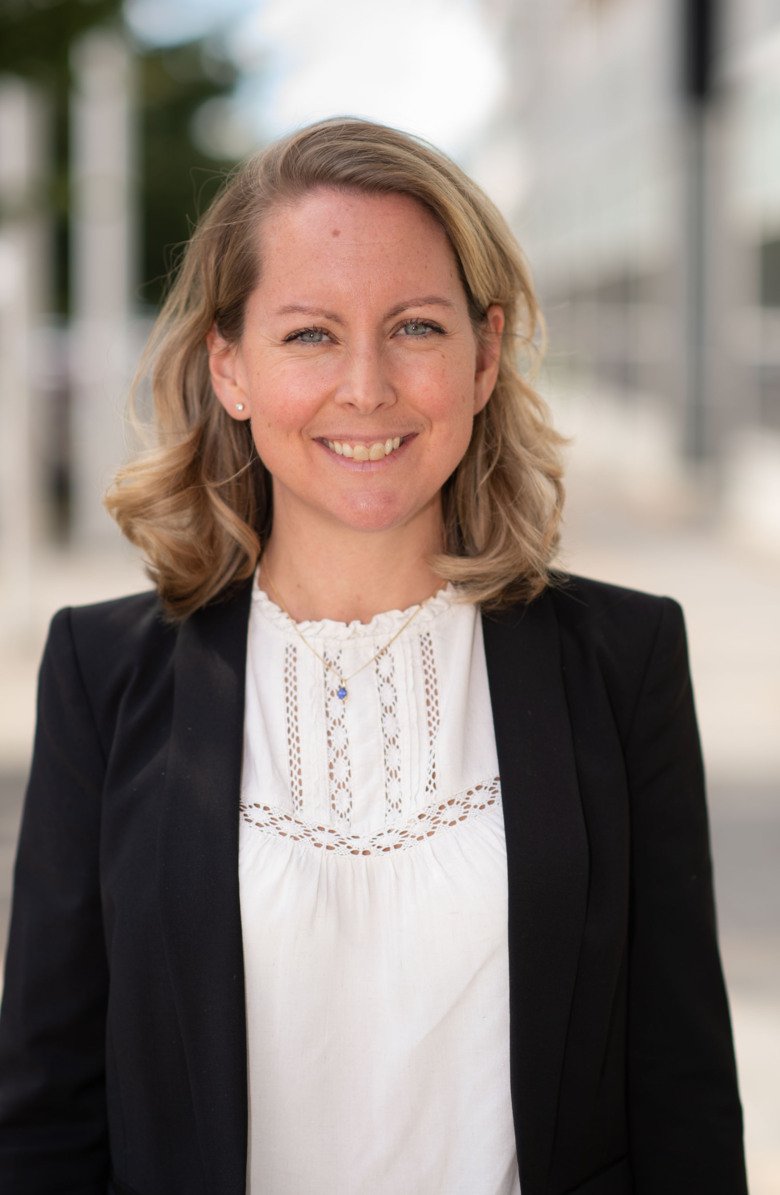Previously unknown immune cells provide clues to IBD and asthma
Jenny Mjösberg researches innate lymphoid cells (ILCs), a previously unknown part of the immune system. She wants to understand the part they play in different kinds of inflammatory disease, and ultimately contribute to new, improved therapies.

What are you researching?
“I’m researching the immune system in tissues, especially a newly discovered type of immune cell called ILCs, or innate lymphoid cells. We’re studying them in intestine and lung samples from patients to discover, amongst other things, the part they play in diseases such as asthma, inflammatory bowel diseases (IBD) and cancer, primarily colorectal cancer. Given that immunological research has long focused on the circulatory system, the immune system in human tissues has remained uncharacterized.”
What do you hope to find out?
“Given that I’ve been involved in this field since the beginning, my early research mainly concerned the fundamental issues of finding and describing these cells. I’ve discovered two of the three subgroups of ILCs that we know about. They were hard to study at first since they are relatively few in number and dispersed, but over the past few years, new methods have been developed that have been extremely useful for us, especially single-cell analysis. One important discovery that we have made is that the same type of ILC behaves differently in different tissues. This improves our chances of therapeutically targeting them in a certain organ without it affecting other parts of the body.
Now that we are starting to get a bigger picture of how ILCs normally work, we’re putting a lot of energy into understanding what happens when they misfunction and cause chronic inflammation. We were the first to describe their potential role in several inflammatory disorders.”
What’s your objective?
“To help patients obtain more effective treatment. Drug companies are showing a lot of interest in our research, and in the long run I think it can give rise to new treatments. But before this, I think our findings can be used to predict treatment responses and improve efficacy in the use of existing drugs. More generally, a better understanding of ILCs will help to advance knowledge also of other types of inflammatory diseases, such as psoriasis.”
Text: Anders Nilsson, in translation from Swedish
First published in the booklet ‘From Cell to Society 2022’
About Jenny Mjösberg
Professor of Tissue Immunology at the Department of Medicine, Huddinge
Jenny Mjösberg was born in Vimmerby in 1980. She studied biomedical chemistry at Kalmar University, graduating in 2003, and went on to earn her PhD in clinical immunology at Linköping University in 2010. She did her postdoc research at the University of Amsterdam, the Netherlands, between 2010 and 2012, after which she transferred to KI, where she began to lead her own research group in 2014. From 2016 to 2019 she was also engaged part-time as a lecturer at Linköping University.
Mjösberg was made docent in 2019 and has received several awards, including a Swedish Research Council Consolidator Grant in 2019, an ERC Starting Grant in 2020 and a KI Consolidator Grant in 2022.
Jenny Mjösberg was appointed Professor of Tissue Immunology at Karolinska Institutet on 1 July 2022.
